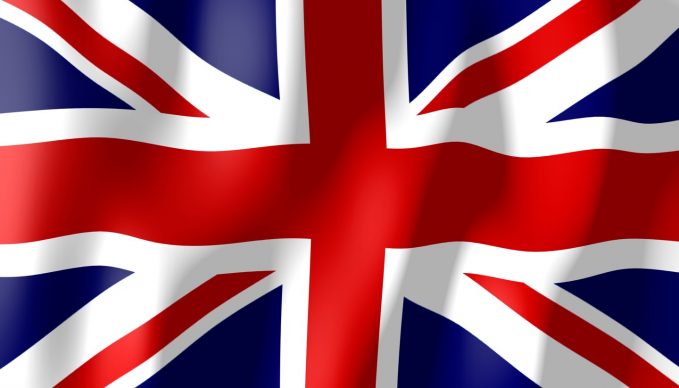British economic growth resumed in January, according to official data released on Friday. The economy narrowly avoided recession in the fourth quarter despite skyrocketing inflation, Entrepreneurng report.
The Office for National Statistics reported that the gross domestic product increased by 0.3 percent, with the services sector offsetting weak performance in the manufacturing and construction sectors.
Due to massive strikes by workers who were protesting their salaries that had not kept up with escalating inflation, the GDP had decreased by 0.5 percent in December.
According to ONS head of economic statistics Darren Morgan, the economy somewhat recovered from the severe decline observed in December.
The return of students to school after exceptionally high absence rates in the weeks leading up to Christmas, the Premier League (football) clubs’ return to regular schedules following the conclusion of the World Cup, and private health providers’ excellent month were the key drivers of January’s rise.
The consequences of the strikes in December were somewhat reversed in the postal sector. The Bank of England predicts that while Britain avoided a recession last year, it will have one this year.
Notwithstanding a recent decrease, the UK’s decades-high inflation has been a drag on output, which has also been hurt by rising BoE interest rates.
After contracting by 0.3% during the previous three months, the economy had zero growth in the last three months of 2017. By definition, a technical recession is when the economy contracts for two consecutive quarters.
The economy had flat growth in the three months leading up to January, the ONS said on Friday. Moreover, the GDP in January was unchanged from the same month a year earlier.
Even if a technical recession is avoided, this is consistent with the concept that the UK economy would contract overall this year, according to Hargreaves Lansdown analyst Sophie Lund-Yates.
“Unfortunately, the lesson for businesses is that things will continue to be very difficult, with stagnation a realistic scenario for some time,”
Meanwhile, it was projected that monthly GDP was O.2% below its pre-pandemic level. One week before British Finance Minister Jeremy Hunt’s budget, Friday’s data was released.
In response to Friday’s figures, Hunt stated, “The UK economy has proven more resilient than many thought in the face of severe global challenges, but there is a long way to go.
“I will lay out the next phase of our plan to halve inflation, decrease debt, and build the economy – so we can raise everyone’s standard of life,” the president said.
Finally, the Russian invasion of Ukraine raised the price of food and energy last year, causing global inflation to reach its worst levels in decades.
Before declining to 10.1 percent last month, the UK Consumer Prices Index reached a high annual rate of 11.1 percent in October.
Source: The Guidance











